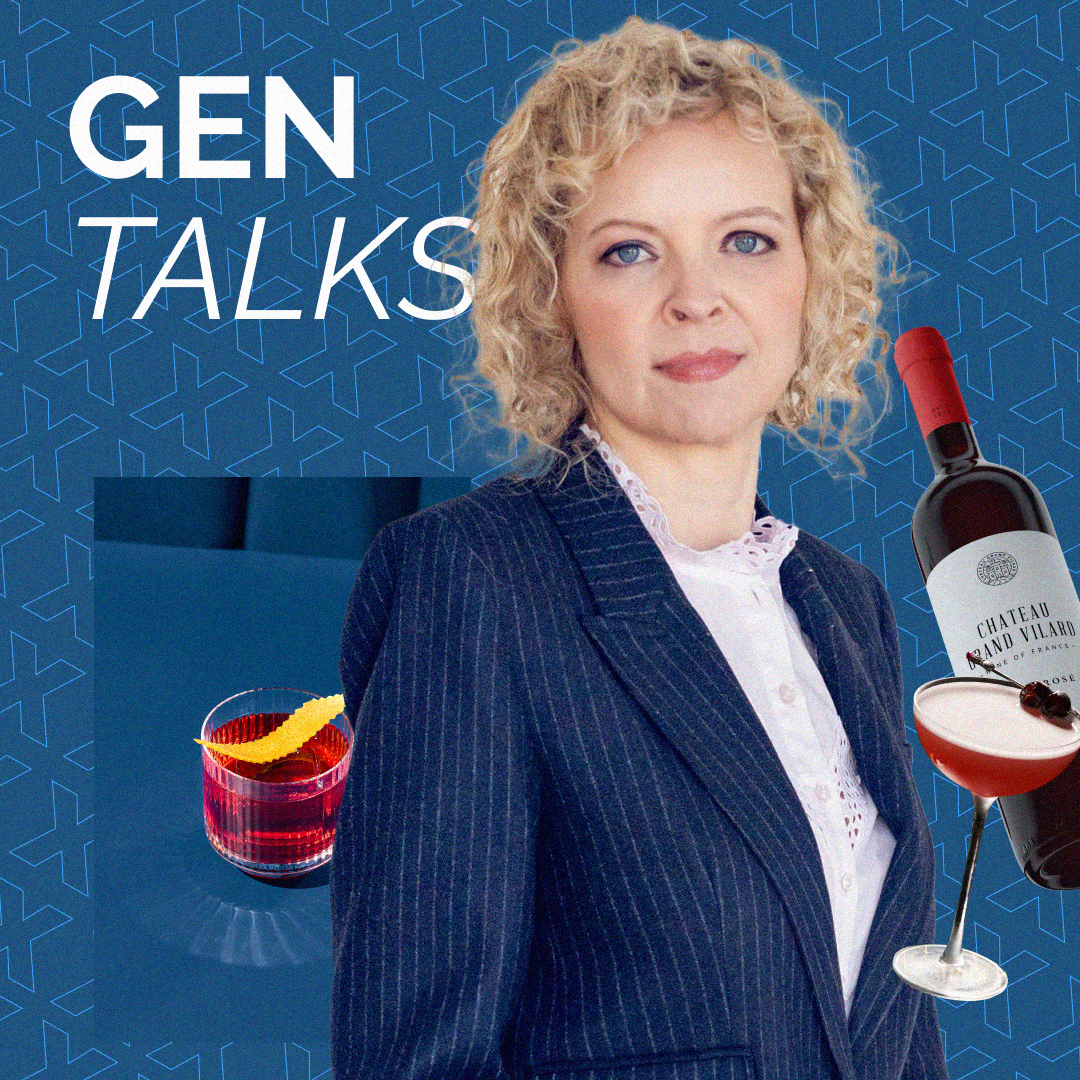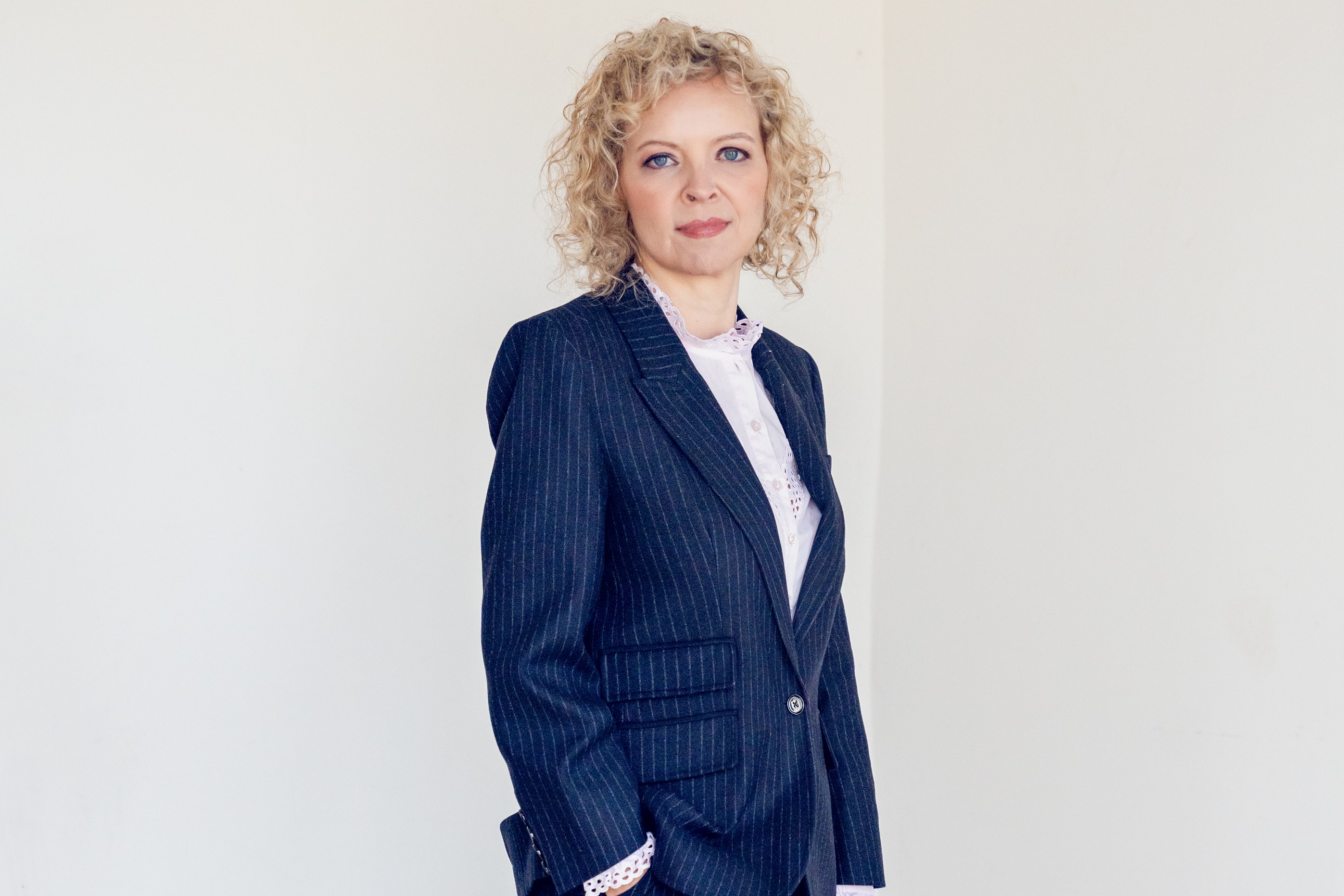
It’s hard to pinpoint when I first started drinking. Alcohol was everywhere; it was normal, and when I started university in the late 80s, alcohol was front and centre of any social event. In my group of friends, women always matched men drink for drink, and we felt proud of that.
From 17 onwards, my pattern was boozing at the weekend and on a night out, often to the point of blacking out, although I never intended to. I’d been an anxious teenager, and I lacked confidence in my appearance and academically. In my last year at university, I started having panic attacks, and the only time I felt I could switch off from worrying about passing my exams and getting a job was when I had a drink.
The mornings after a blackout were horrendous. Worse than the physical pain was the mental anguish as I tried to piece the night together. I had waves of anxiety over what I might have said or done. I’d desperately try to avoid people, laugh it off, overcompensate, apologise - whatever felt necessary. Sometimes, it would feel like I had ‘got away with it’ if everyone else had been drunk, and when that happened, I felt elated.

Other times, the low mood and wretched self-loathing could last for days. I would try desperately to come up with a way of managing how much I drank. The hold was such that I never contemplated giving up - even in my lowest moments when life felt not worth living.
In the early 90s, I moved to London to start a job at an investment bank in the city and embraced the culture of working hard and playing hard. I lived in a house-share in North London, Brit pop was at its peak, and our weekends revolved around gigs, partying, and alcopops. Our drink of choice was Hooch until a friend introduced me to Diamond White cider, advertised with a poster of two drunk women on a night out, one pushing the other around in a trolley with the caption ‘It was a Diamond night out’. We thought it was hilarious and loved being part of the ladette culture, where women openly drank as much as men and laughed off getting blind drunk.
We loved being part of the ladette culture, where women openly drank as much as men and laughed off getting blind drunk.
The investment banking culture was all about excess; pushing through a hangover was seen as a badge of honour. From the outside, I didn’t fit the stereotype of a problem drinker. I was physically fit, ran regularly, and completed several half- and two-marathons. I ate well, went on yoga retreats, and learned how to meditate. I was regularly promoted, and in my 30s, I moved to a large corporation, earning a six-figure salary, plus bonus, shares, pension, and all the trappings of corporate life.
My drinking changed as my lifestyle changed. Instead of drinking alcopops or vodka, I switched to wine and told myself it was sophisticated and all about the taste, but I was still drinking for the effect. I was binge drinking less often, but I’d regularly drink on my own to manage stress and ‘take the edge off’. The blackouts were less frequent, but the aftermath was worse.
The mornings after a blackout were horrendous.
Looking back, I think my body was struggling to handle the alcohol. When I got to my 40s, I started to think differently about alcohol. I was terrified of a life without drinking but determined to find a way to take back control. I’d spent decades trying to drink more water, ordering smaller measures, and attempting Dry January, but nothing worked for me.
Eventually, after working with an amazing life coach and educating myself about alcohol, I started to realise how much it had a grip on me. It was not just about socialising; alcohol was how I relaxed and handled stress, anxiety, and boredom. It was also an activity to fill my free time. I started to see things that I used to be proud of—like drinking throughout my marathon training (including the night before) or always getting alcohol as a Secret Santa gift— as signs of a dependency on a highly addictive drug. What had previously felt empowering now felt sad.
Alcohol was how I relaxed and handled stress, anxiety, and boredom.
Six years ago, in the summer of 2018, I challenged myself to take a 30-day break from alcohol. My first Saturday night without alcohol was one of the longest nights of my life, but slowly, I began to build confidence that I could tackle the things I had been using alcohol to numb myself from.
Nights out were strange; it felt like I was learning to be an adult and socialise for the first time. It was awkward in parts - the sharpness instead of the reassuring mellow fuzziness, the abundance of orange juice (this was before alcohol-free drinks were readily available), but there were moments of sheer happiness when I realised I was actually having a good time, and the pride of getting home in one piece, chatting to the Uber driver without slurring my words, and waking up in my bed with a clear head was just magical.
It took six months of not drinking for me to acknowledge that I didn’t want to moderate; I wanted to go completely sober. I’m now a life coach specialising in coaching people to get control of alcohol. I’ve created a programme designed for high-functioning professionals who want to get control over alcohol in a way that feels empowering without feeling deprived. I wish I’d had that programme.
My first Saturday night without alcohol was one of the longest nights of my life
I feel very grateful to be in a place where I don’t drink and am genuinely happier. I think women, in particular, are vulnerable to the persuasive and constant invitations to drink more than they would like. Gen X women have been specifically targeted by the alcohol industry and told that alcohol is fun, exciting and glamorous. What began as ladette culture morphed into ‘work hard, play hard’, and then, as a stress reliever for motherhood. Alcopops were replaced with bottomless brunch, but the message that alcohol is essential for a happy life remains constant.
Some of my clients come to me as binge drinkers, some drink daily, and many are high-functioning, but they are all suffering the negative consequences of alcohol. Supporting them towards a place where they are in control and feel good about themselves is incredible. I am delighted to have escaped the clutches of alcohol and to help others do the same.
Sandra Parker is a Certified Alcohol-Free Coach based in London. She is the founder of Just The Tonic Coaching.







